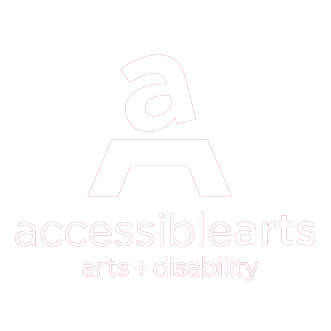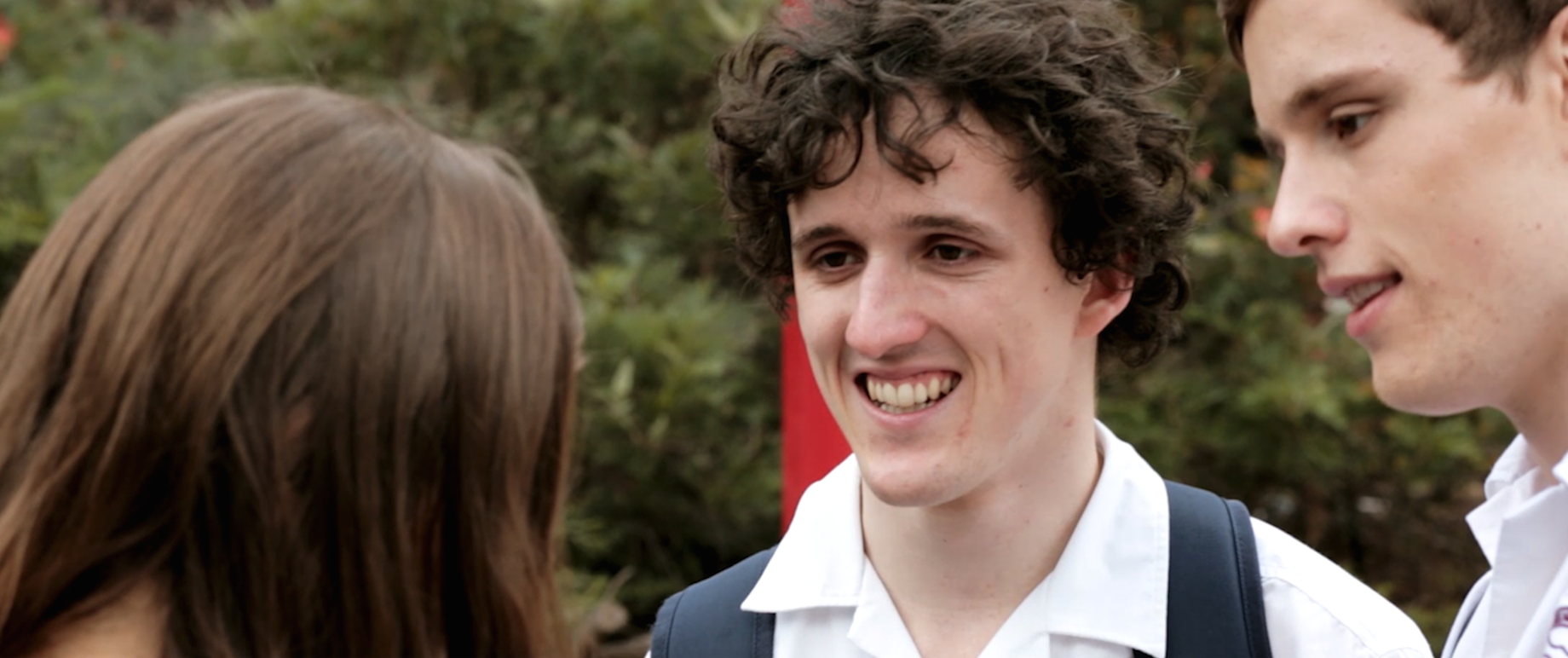Sydney Film Festival interview: Daniel Monks
This year the Sydney Film Festival will feature Screenability, a series of six films made by people with lived experience of disability. We interviewed Daniel Monks, who wrote and stared in the film Pulse.
Sydney Film Festival interview:
What was your inspiration for Pulse?
When I was 11 years old, I became physically disabled – initially quadriplegic and then ultimately hemiplegic. My body no longer felt like my own, and people’s interactions with me changed. Because of this, I’ve always been fascinated by how much our bodies shape who we are, and who would we be if we had a different body.
I remember when I went back to school in a wheelchair, there was the cute boy in my class that I had a massive crush on, and he was “dating” the pretty blonde girl, and I remember thinking, if I looked like her, he would be looking at me that way, he would want to kiss me, want to be with me – the only thing separating myself & her is our bodies. At that time I had no idea I’d ultimately explore this idea on film, but my first year film at AFTRS (Australian Film Television & Radio School) explored this device & themes and the story for Pulse grew organically out of that.
What are the key themes that the film addresses?
Overall, how much our bodies shape who we are – but within that broad thematic question, there is the inevitable exploration of disability, sexuality, desire, gender. The film is steeped in my own personal journey to self acceptance & self love, which as a young disabled person in a culture which either erases or pities the presence of disability, I found to be a challenging journey, as the film can attest.
How long did it take to produce, from concept to final cut?
I started writing it at the end of my first year at The Australian Film, Television and Radio School (AFTRS) in 2009, and here we are now in 2017. Nobody said independent microbudget filmmaking would be easy! The one thing that we did remind ourselves of during the process is, “currently at this stage in our careers, we don’t have a time pressure, we don’t have anyone breathing down our necks – we have no money, but the one commodity we do have is time – so let’s take the time to do as much work as possible to make this the best possible film it can be”.
What is your take on the Screenability initiative?
I think it’s extraordinary. As a disabled actor & filmmaker, I have been working so hard for so many years, and it becomes disheartening when certain doors remain closed for you when they open for your abled peers with less experience. This is especially pertinent being a disabled actor. So to have this support to help remove some of the barriers for disabled people, and to have our stories be seen and heard, is truly wonderful.
I’m also incredibly grateful to their boldness in pioneering this initiative which has no precedent anywhere else around the world. Instead of waiting to see what other countries did, they saw an inequity within the industry and they did something to rectify it – and for that, it makes me proud to live in New South Wales.
What benefits do you think Screenability provides to the Australian film industry?
So often as disabled people, our stories are etched on our bodies, our scars mapping our history, and yet, those stories go untold. I believe this initiative will ultimately provide the Australian film industry with a wealth of fresh, challenging and necessary stories, of which, in our increasingly homogenised industry of sequels and remakes, there is a real hunger to see.
In the years that you have worked in the film industry what changes (if any) have you seen regarding access and inclusion for people with disability?
For many years, there weren’t any – but I feel in the past year or so, there have been the beginnings of hopeful changes. Diversity has been an important topic for the past number of years but disability was often left out of the conversation, both here and in the USA. I believe Screen Australia’s groundbreaking 2016 study “Seeing Ourselves: Reflections on Diversity in Australian TV Drama” was the key catalyst which brought about this change. The research found that the most underrepresented of all the minorities in Australia is that of disability, with 18% of the population having a disability whilst only 4% of characters on Australian TV drama being disabled. Those findings made disability impossible to ignore, and I feel like the industry began to become more aware.
As a disabled actor especially, it’s incredibly disheartening to toil for years, having to work twice as hard to get half the opportunities of my abled peers, and so to now have some of those barriers removed is incredible. I don’t think it’s coincidence that I have got more work in 2017 than any year before. My work is of the same quality as it has been in the previous years, but now doors are being opened so that I can actually be considered on the same plane as my abled peers, and I know I’ve repeated this word constantly throughout this interview, but it just makes me so grateful.
Is this the first time you have been featured at the Sydney Film festival?
Yep! Ridiculously excited.
Do you have any more comments?
I just wanted to say, I am so incredibly grateful to our entire cast and crew for their tireless work in helping tell this story, and it is the ultimate reward that we all get to celebrate our achievement together at Sydney Film Festival. And most of all, my incredible film partner Stevie Cruz-Martin, who was director, cinematographer and producer on the film – the best decision made on this film was bringing her on as director, and this film would be absolutely nothing without her.
Get your ticket to see Pulse, and look out for more interviews with the directors of the Screenability films.

